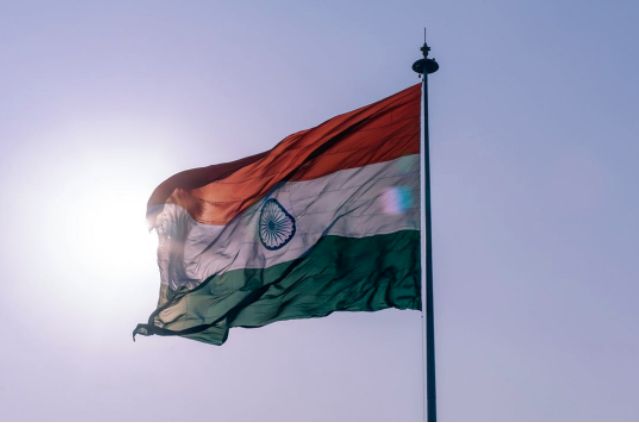EU plans 11th round of sanctions against Russia
On April 13, Mairead McGuinness, the European Commissioner for Financial Affairs, told U.S. media that the EU is preparing an 11th round of sanctions against Russia, focusing on measures taken by Russia to evade existing sanctions. In response, Russia’s Permanent Representative to International Organizations in Vienna, Ulyanov, posted on social media that the sanctions have not seriously impacted Russia; instead, the EU has suffered a far greater backlash than anticipated.
On the same day, Hungary’s State Secretary for Foreign Affairs and External Economic Relations, Mencher, stated that Hungary would not give up importing energy from Russia for the benefit of other countries and would not impose sanctions on Russia due to external pressure. Since the escalation of the Ukraine crisis last year, the EU has blindly followed the U.S. in imposing multiple rounds of economic sanctions on Russia, leading to soaring energy and commodity prices in Europe, persistent inflation, declining purchasing power, and reduced household consumption. The backlash from the sanctions has also caused significant losses for European businesses, decreased industrial output, and increased the risk of economic recession.
WTO rules India’s high tech tariffs violate trade rules
On April 17, the World Trade Organization (WTO) released three dispute settlement panel reports on India’s technology tariffs. The reports supported the claims of the EU, Japan, and other economies, stating that India’s imposition of high tariffs on certain information technology products (such as mobile phones) contradicts its commitments to the WTO and violates global trade rules. India cannot invoke the Information Technology Agreement to evade its commitments made in the WTO timetable, nor can it limit its zero-tariff commitment to products that existed at the time of the commitment. Furthermore, the WTO expert panel rejected India’s request to review its tariff commitments.
Since 2014, India has gradually imposed tariffs of up to 20% on products such as mobile phones, mobile phone components, wired telephone handsets, base stations, static converters, and cables. The EU argued that these tariffs directly violate WTO rules, as India is obligated to apply zero tariffs on such products according to its WTO commitments. The EU initiated this WTO dispute settlement case in 2019.
Post time: Apr-19-2023








